Water is a precious resource, and a well-functioning plumbing system is essential for any home or building. Burst pipes can cause significant damage, leading to costly repairs and inconvenience. In this comprehensive guide, we will explore various preventive measures to ensure your pipes remain intact and protect your property from potential water disasters. From understanding the causes of pipe bursts to implementing proactive maintenance techniques, we’ve got you covered with expert advice and practical solutions.
How to Prevent Pipes from Bursting
Preventing pipes from bursting doesn’t have to be so complicated.
Here is everything you need to know:
Insulate Your Pipes Properly
One of the primary causes of pipe bursts is freezing temperatures. During winter, exposed pipes are at risk of freezing and expanding, which can lead to cracks or bursts. Properly insulating your pipes is the key to preventing this issue.
Inspect your home for exposed pipes, especially in unheated areas like basements, attics, and crawl spaces. Use pipe insulation sleeves or wrapping to provide a protective barrier against the cold.
By insulating your pipes, you not only safeguard them from freezing but also improve energy efficiency as insulated pipes retain heat better.
Keep a Consistent Indoor Temperature
Fluctuating temperatures can put stress on your plumbing system, leading to pipe bursts. Ensure that your home maintains a consistent indoor temperature throughout the day and night.
During colder months, set your thermostat to a reasonable temperature, even when you’re away. This simple measure can prevent pipes from freezing and bursting.
In extreme weather conditions, open cabinet doors to allow warm air to circulate around pipes located inside cabinets.
Drip Faucets in Freezing Weather
When the temperature drops significantly, especially during freezing weather, allow faucets to drip slightly. Allowing water to flow through the pipes, even at a slow rate, can prevent them from freezing and bursting.
Running water helps avoid ice blockages, reducing the pressure buildup within the pipes. It’s an easy and effective way to protect your plumbing during cold snaps.
Seal Cracks and Leaks
Regularly inspect your plumbing system for any signs of leaks or cracks. Even small leaks can weaken your pipes over time, making them more susceptible to bursting.
Use waterproof sealants or pipe clamps to address minor leaks promptly. For more extensive cracks, consider contacting a professional plumber for repairs.
Disconnect Garden Hoses in Winter
Before winter sets in, disconnect and drain all garden hoses. Leaving hoses attached to outdoor faucets can cause water to back up into the pipes, increasing the risk of freezing and bursting.
After disconnecting the hoses, store them indoors to protect them from cold temperatures. Additionally, consider installing insulated faucet covers for outdoor spigots.
Install a Water Softener
Hard water contains high levels of minerals like calcium and magnesium, which can lead to pipe corrosion and blockages. Installing a water softener can help prevent these issues.
A water softener works by removing excess minerals from the water supply, reducing the potential for scale buildup and prolonging the life of your pipes.
Perform Regular Plumbing Maintenance
Regular maintenance is crucial to identify potential issues before they escalate into major problems. Schedule annual plumbing inspections with a licensed professional to ensure your system is in top shape.
During these check-ups, plumbers can detect hidden leaks, assess the condition of your pipes, and make necessary repairs or replacements, keeping your plumbing reliable and leak-free.
Know How to Shut Off the Water
In case of a plumbing emergency, knowing how to shut off the water quickly can prevent further damage. Locate your water main valve and make sure it’s accessible and functional.
Familiarize yourself with the process of shutting off the water supply and share this information with other household members. It can be invaluable during unexpected pipe bursts or leaks.
Use Heat Tape for Vulnerable Pipes
For pipes that are especially susceptible to freezing, such as those in unheated areas or exterior walls, consider using heat tape or heat cables.
Heat tape is an electrical heating element that can be wrapped around pipes to keep them warm and prevent freezing. Follow the manufacturer’s instructions for proper installation and usage.
Monitor Water Pressure
Excessively high water pressure can strain your pipes and lead to bursts. Use a pressure gauge to monitor your water pressure regularly.
If your water pressure is consistently above the recommended levels (typically between 40-80 psi), consider installing a pressure-reducing valve to maintain a safe and optimal pressure range.
Educate Household Members
Ensure that all members of your household are aware of the importance of plumbing care and prevention.
Educate them about not flushing foreign objects down the toilet, avoiding pouring grease down the drain, and being mindful of the plumbing system’s limitations.
Prepare Your Home Before Traveling
Before leaving for an extended period, take necessary precautions to protect your plumbing system.
Shut off the main water supply or consider installing an automatic shut-off valve. Additionally, keep the indoor temperature at a moderate level to prevent freezing.
Install Leak Detection Devices
Embrace smart home technology by installing leak detection devices in critical areas of your home.
These devices can alert you to potential leaks in real-time, allowing you to take immediate action and prevent extensive water damage.
Clean Your Drains Regularly
Clogged drains can put additional pressure on your pipes, increasing the risk of bursting.
Regularly clean your drains using natural remedies like baking soda and vinegar or consider using drain screens to catch debris and prevent blockages.
Know Your Sewer Line
Understanding your sewer line’s location and condition is vital to prevent blockages and potential bursts.
If you notice any signs of sewer line issues, such as slow drains or foul odors, contact a professional plumber for a thorough inspection.
Invest in a Backup Power Source
Power outages can disrupt your sump pump, leaving your home vulnerable to flooding and pipe bursts.
Invest in a backup power source, such as a generator or battery-powered sump pump, to ensure your pump remains operational during power failures.
Address Foundation Cracks Promptly
Foundation cracks can lead to water seepage and moisture issues, affecting your plumbing system.
As soon as you notice any foundation cracks or signs of water intrusion, consult a foundation specialist to address the problem promptly.
Keep Exterior Pipes Insulated
Don’t forget to insulate exterior pipes, such as hose bibs and sprinkler systems, to safeguard them from freezing temperatures.
Wrap these pipes with insulation material or use insulated faucet covers to protect them during colder months.
Utilize Water Pressure-Regulating Valves
Water pressure-regulating valves can help maintain stable water pressure throughout your plumbing system.
Consider installing these valves, especially if your water pressure tends to fluctuate, to prevent unnecessary stress on your pipes.
Respond Swiftly to Plumbing Issues
If you encounter any plumbing issues, such as leaks, strange noises, or reduced water flow, act promptly.
Ignoring minor problems can lead to more significant damage and potential pipe bursts.
Be Cautious with Drain Cleaners
Chemical drain cleaners can be harsh on your pipes and cause corrosion over time.
Opt for natural drain cleaning methods or use a plunger to clear clogs without damaging your plumbing.
Consider Pipe Heat Trace Systems
Pipe heat trace systems are designed to regulate the temperature of your pipes, preventing freezing.
These systems are especially beneficial for areas prone to extreme cold temperatures.
Educate Yourself on Pipe Materials
Different pipe materials have varying degrees of resistance to freezing and bursting.
Educate yourself on the type of pipes used in your home and their maintenance requirements.
Upgrade Your Plumbing System
If you have an older plumbing system, consider upgrading to more modern and efficient materials.
Newer plumbing materials offer improved durability and longevity, reducing the risk of bursts.
Winterize Your Property
Before winter arrives, take comprehensive steps to winterize your property.
Insulate pipes, seal cracks, and prepare your plumbing system to endure the cold months without issues.
While it’s not possible to eliminate all risks, following preventive measures can significantly reduce the chances of pipe bursts.
Keep an eye out for signs of water damage, mold growth, low water pressure, and unusually high water bills, as these may indicate leaks.
Space heaters can be used as a temporary measure to provide extra warmth in vulnerable areas, but it’s essential to use them with caution and follow safety guidelines.
Allowing a slow drip during freezing weather can help prevent pipe bursts, but it’s not necessary to leave them dripping all night. You can turn off the faucet once the temperature rises above freezing.
In the event of a burst pipe, immediately shut off the water supply, and contact a professional plumber for emergency repairs.
Yes, regular pipe inspections are essential, even if you haven’t experienced any problems. It’s better to catch and address potential issues early on to avoid major damages.
How to Prevent Pipes from Bursting – Final Thoughts
Taking proactive steps to prevent pipes from bursting is vital for any homeowner. By insulating pipes, maintaining consistent indoor temperatures, and being vigilant about plumbing maintenance, you can safeguard your property and plumbing system from disastrous pipe bursts. Remember to educate yourself and your household members about plumbing care, and always be prepared to respond swiftly to any plumbing issues that arise. By following these guidelines, you can enjoy a worry-free plumbing experience and protect your home from water-related emergencies.
Let us help!
If, however, you ever find yourself facing the unfortunate event of a burst pipe, don’t hesitate to reach out for professional assistance. For expert burst pipe cleanup and restoration services, consider utilizing the top-notch services offered by Restoration Operators. With their skilled team and state-of-the-art equipment, they can quickly and effectively mitigate water damage, ensuring your home is restored to its pre-damage condition. You can trust Restoration Operators to handle any pipe burst emergency with precision and care, making your experience as stress-free as possible.



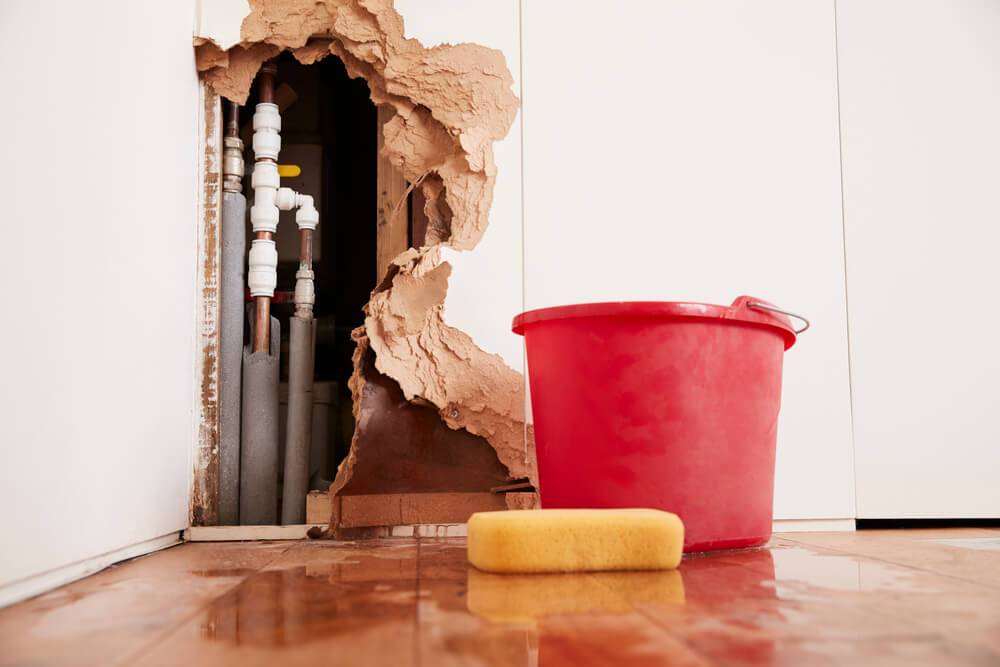
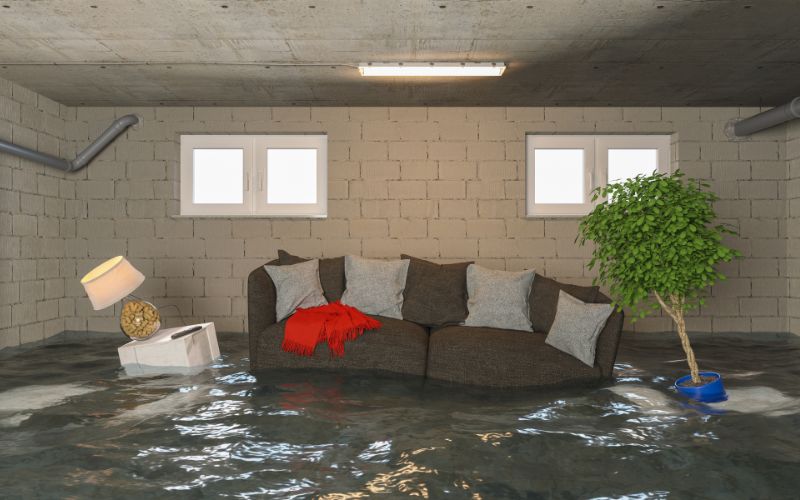
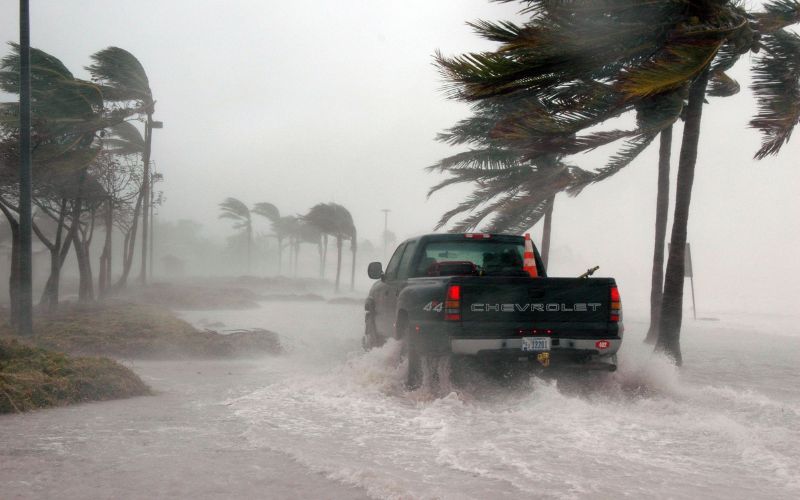
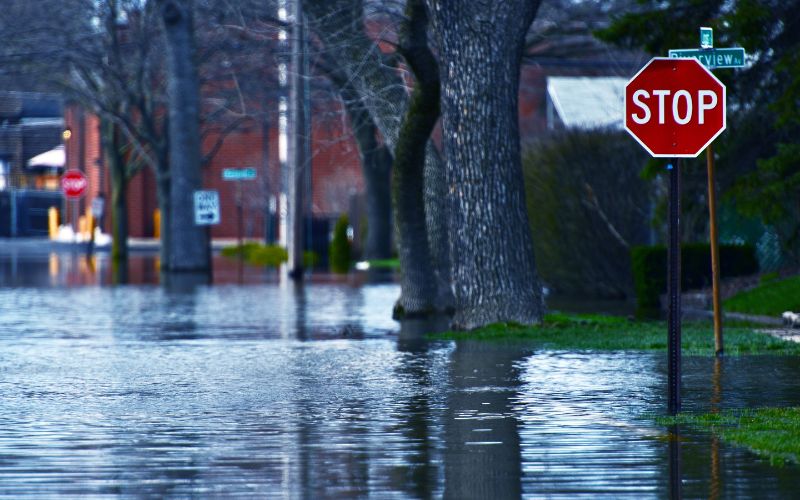
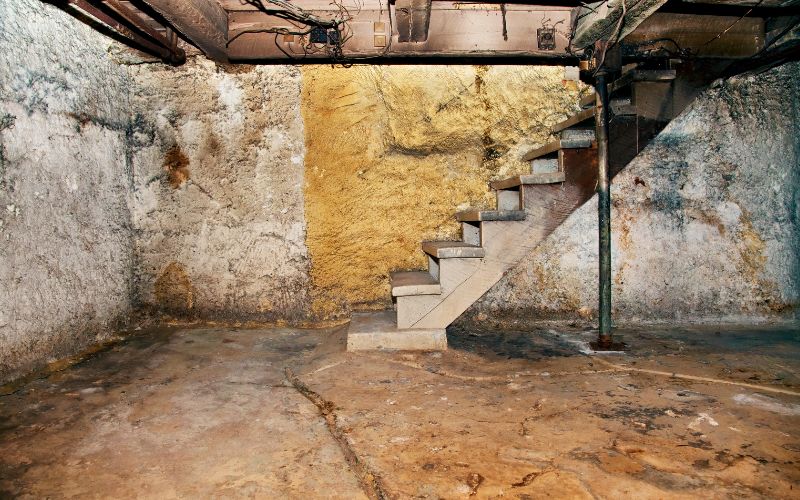
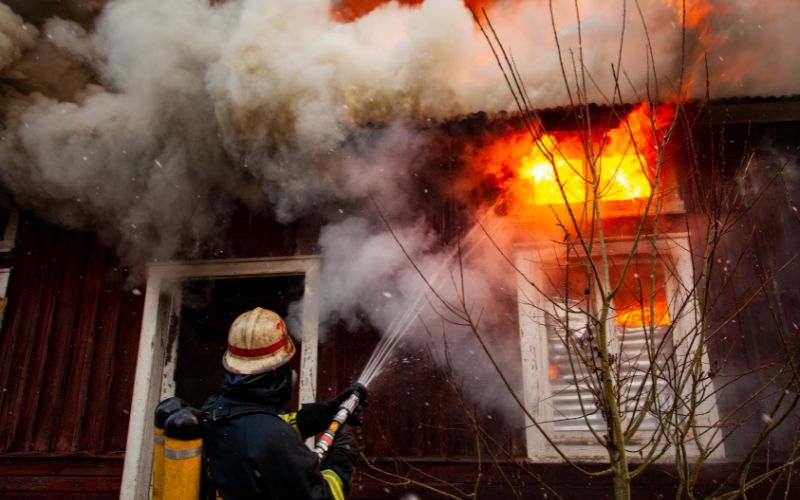




 by
by